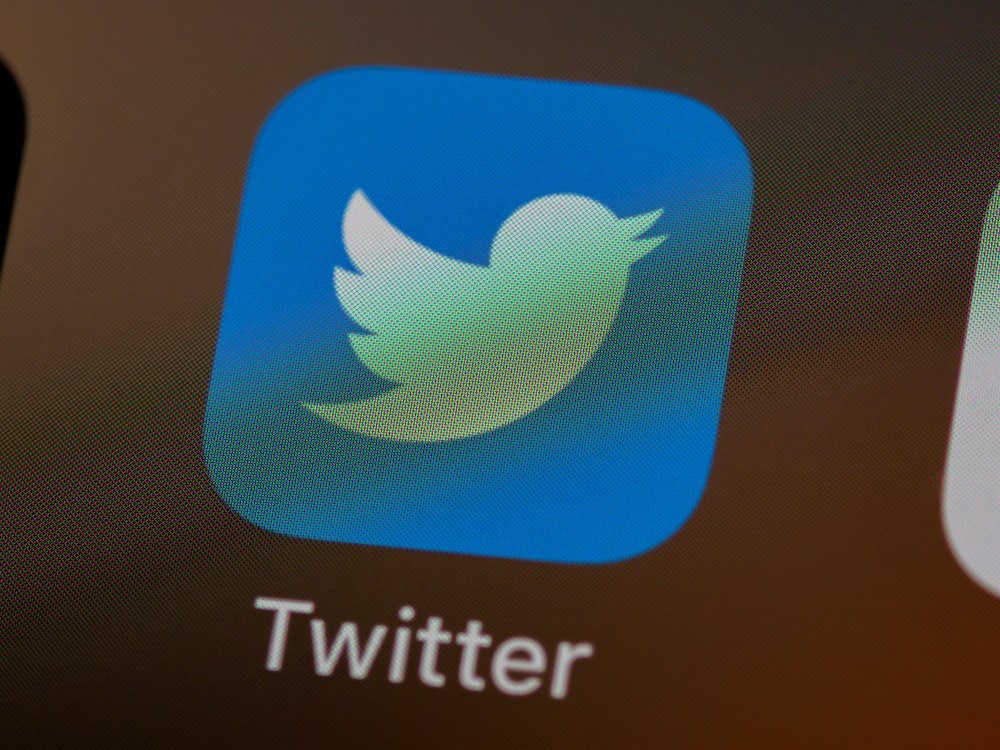The European Code of Practice on Disinformation is a set of guidelines developed by the European Union to combat the spread of disinformation online. All major social media platforms, signed onto the code in 2018, except Twitter. The code aims to create a transparent and trustworthy online environment by promoting media literacy, enhancing the visibility of authoritative content, and supporting research on the impact of disinformation. The European Code of Practice on Disinformation has received both criticism and praise. Some have criticized the code for not going far enough, arguing that it is too focused on voluntary measures and lacks teeth. Others have praised the code for taking a proactive approach to combatting disinformation and for promoting media literacy and research. One potential implication of Twitter leaving the European Union is that the company may no longer be bound by the European Code of Practice on Disinformation. This could have serious consequences for efforts to combat disinformation on the platform. It is worth noting that Twitter has stated that it remains committed to combatting disinformation, regardless of its membership in the EU. However, the question is now valid: Will the EU "kill the bluebird", or can twitter just ignore the European code of conduct?
What is Disinformation and Why is it a Problem?
Disinformation is defined as false or misleading information that is spread with the intention to deceive. It can take many forms, including fake news, propaganda, and conspiracy theories. The speed and reach of social media make it an ideal platform for the spread of false information. In the past, false information about election results has undermined trust in the democratic process. Twitter has taken a number of steps in recent years to combat the spread of disinformation on its platform. However, it has also faced criticism for not doing enough to combat disinformation, particularly during the 2016 US presidential election.
Overview of Twitter's European Code
The European Code of Practice on Disinformation outlines a number of key provisions that Twitter and other signatories are required to uphold. These include improving the scrutiny of ad placements, taking measures to identify and remove fake accounts, and working with fact-checkers and academic researchers to better understand the spread of disinformation. One of the key provisions of the European Code is the promotion of media literacy. This involves providing users with the tools and resources they need to critically evaluate information online. It also involves working with educators and civil society organizations to promote media literacy more broadly. The latest is offcourse about AI. Twitter will not be a participant in the European Commission's new voluntary labeling scheme for generative artificial intelligence content, which was revealed on Monday. It will be incorporated into the current code of conduct, with the goal of assisting online users in quickly identifying content created by AI, so as to combat disinformation. The European Commission wants the AI labeling system to be operational as soon as possible. "I've said many times that our main task is to protect free speech, but when it comes to AI production, I don't see any right for machines to have free speech," said Věra Jourová, the Commission's vice president for values and transparency.
France's Digital Minister, Jean-Noel Barrot, has even threatened to ban Twitter if it does not comply with the new guidelines. Nevertheless, Eliska Pirkova, Europe Policy Analyst at the NGO Access Now, believes that this could create a hazardous precedent in terms of censorship. "Banning such a significant large online platform would be extremely concerning, particularly in terms of freedom of expression and access to information," she told Euronews.
Key Takeaways








